|
Presenters |
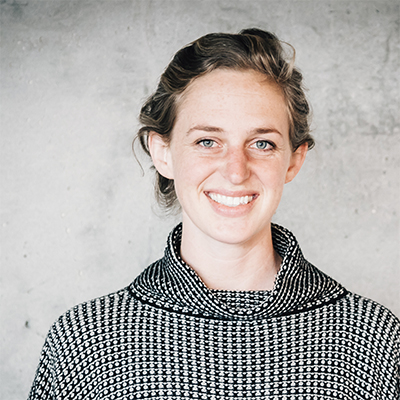
|
Sarah Smith
Executive Director, Sawhorse Revolution
Sarah Smith is an educator who understands the importance of hands-on skills training. She is currently serving as executive director of Sawhorse Revolution, a non-profit that teaches teens carpentry and architecture through inspiring community projects. Smith has a master's degree in education from the Harvard Graduate School of Education, where she studied experiential learning, educational philosophy, and the neuroscience of education.
|
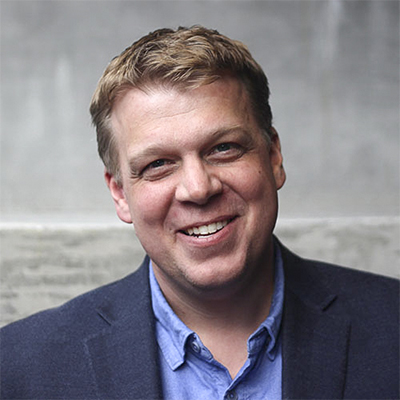
|
Tim McGee
Biophilic Design Manager, Living Future Institute
Tim McGee is the biophilic design manager at the International Living Future Institute (ILFI), where he brings his career exploring the interface between biology and design to optimize the possibility for a thriving, regenerative, future. Tim co-founded Biomimicry New England, a non-profit dedicated to establishing nature and natural systems as an important resource for education and innovation. He is a frequent national and international speaker on looking to nature for insights, inspiration, and creating impactful change.
|
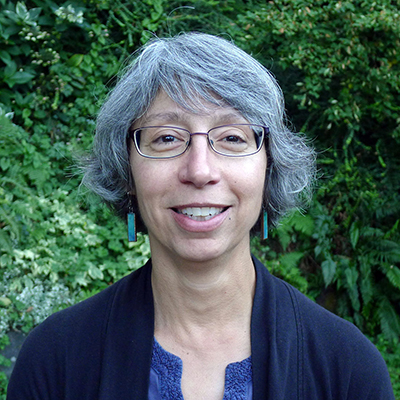
|
Christine Benita
Science Coordinator, Seattle Public Schools
Christine Benita is an elementary science specialist for Seattle Public Schools. She has taught in Seattle for 17 years, and previously spent seven at Hazel Wolf K-8. As the program coordinator she helped to develop the school’s E-STEM focus, supported science instruction throughout the site, and taught an environmental science elective in the middle school. She provided critical input on the design of their new facility as a teaching tool. Her work has been recognized with E3 Washington Green Apple Award and the Patsy Collins Award for Excellence in Education, Environment, and Community.
|
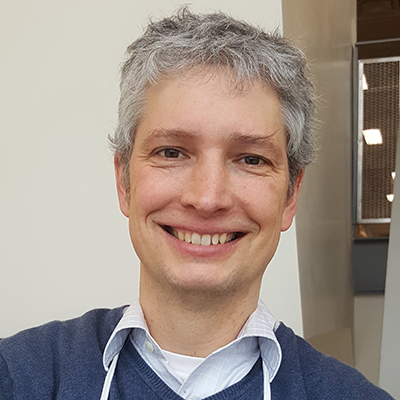
|
Joe Bailey-Fogarty
Science Coordinator for Hazel Wolf K-8 ESTEM School, Seattle Public Schools
Joe Bailey-Fogarty is the environmental-STEM coordinator for Hazel Wolf K-8. He coordinates outdoor education programs, works with teachers to provide materials and training, and teaches everything from basic coding in kindergarten to environmental science in middle school. In addition to classroom teaching, Joe has spent his 12-year career with the district as a school science liaison, educational technologist, and math curriculum support liaison. Joe was a founding teacher of Queen Anne Elementary, helping to develop and implement their 21st Century Skills/Project Based Learning model. Joe also co-founded a summer enrichment program, Seattle Summer Explorers, which is now in its 11th year of operation.
|
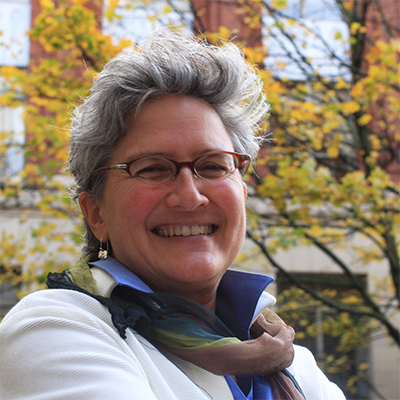
|
Kas Kinkead
Principal, Cascade Design Collaborative
Kas Kinkead is principal-in-charge of educational facility design for Cascade Design Collaborative. With over 100 K-12 projects, as well as her involvement with A4LE and AIA CAE symposiums/conference planning, she brings a wealth of experience. Kas is a known champion of outdoor learning and sustainable site design and brings a high level of discourse to her work, diving deep into theories of learning, brain research and biophilia.
|
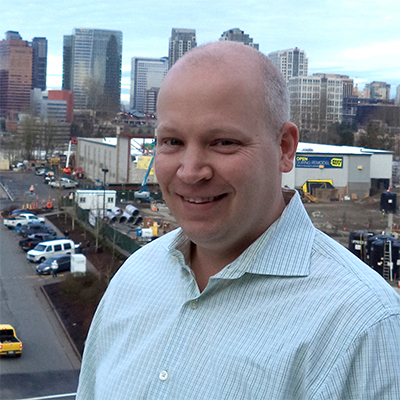
|
Kyle McLeod
Capital Construction Project Manager, Bellevue School District
Kyle McLeod has worked for the Bellevue School District for more than 18 years. Eleven of those years have been in the Capital Projects Department managing all sizes of developments, ranging from additions and renovations to new school construction. His passion for the built environment and its support of transformational education has been the main driver in his career. Kyle has lead the charge on designing for energy efficiency, and the impact it has had on learning spaces throughout his district. When Kyle isn’t working, he loves spending time with his two young children and wife and dedicating as much time as possible chasing fish with his fly rod.
|
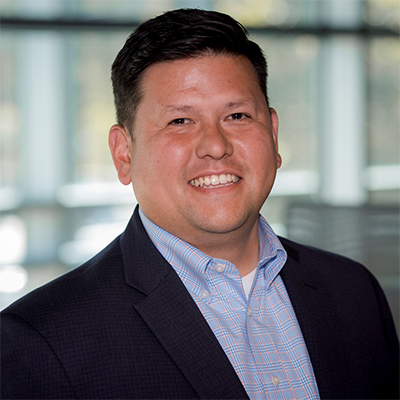
|
Steve Murakami
Senior Program Manager for OAC Services, and former COO of Tacoma Public Schools
After working many years as an architect for an education design firm, Steve served as director of planning and construction and then chief operating officer for Tacoma Public Schools. There he oversaw the development and delivery of all capital projects through a $500 million-dollar bond, played an integral role in the long-range capital planning and management of district properties, and provided innovative leadership with district transportation, nutrition services and facilities maintenance. He is currently serving as a senior program manager for OAC Services, and is the program lead for the Lake Washington School District’s $430 million-dollar program. Whether he is coming to project as a contractor, designer, planner or owner’s representative, Steve always focused on creative designs and approaches to building innovative learning spaces.
|
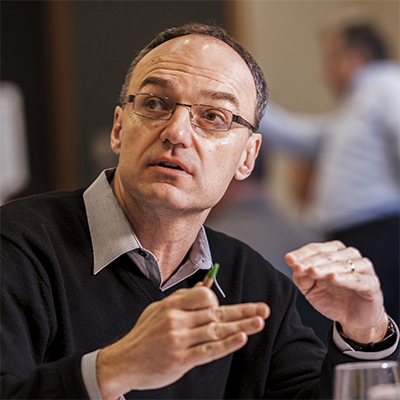
|
Boris Srdar, FAIA
Design Principal, NAC Architecture
A design principal at NAC Architecture, Boris was elevated to the College of Fellows for his achievements in school design excellence. His focus on creating a true sense of place for each educational facility has resulted in numerous design acknowledgments including two MacConnell Award finalists and four AIA CAE national awards among other national and international recognition. He has shared his expertise at several recent conferences, and has been teaching at the University of Washington. With degrees from GSD at Harvard University and University of Zagreb in Croatia, Boris has a diverse design background.
|
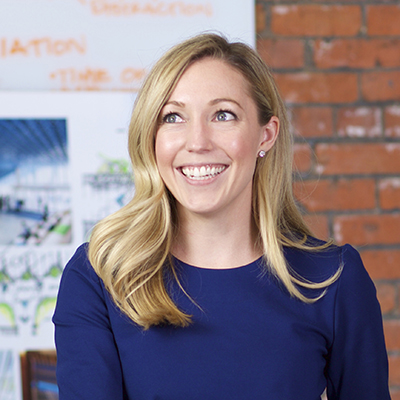
|
Lauren Scranton, MA
Director of Research and Experience Development, NAC Architecture
Lauren Scranton’s role is unique within an architectural firm. As the director of research and experience development, Lauren is dedicated to expanding NAC’s ability to leverage a deep understanding of client needs to imagine new ways to solve the challenges of our built environment. She works closely with students, educators, and designers to develop ideas for new buildings, services, and experiences. She uncovers important human-centered insights that drive great design and innovation, helping NAC transform these insights into design solutions. Lauren completed her Master of Arts in Policy, Organization, and Leadership Studies in Education at Stanford University.
|
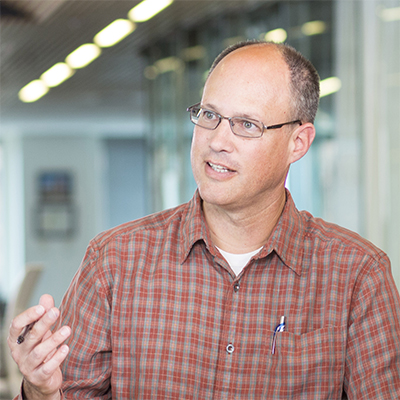
|
Philip Riedel, AIA, ALEP, LEED AP
Design Principal, NAC Architecture
Philip Riedel is an active member and current president of the Association for Learning Environment’s Pacific Northwest Region, and has developed deep knowledge about current teaching and learning theory to inform the educational planning and design of his projects. As a gifted architect who thrives on technical challenges, he is an expert at realizing sustainability and energy efficiency to maximize value to building owners. He has lectured on related subjects at A4LE and the Green Schools National Conference. Philip is an Accredited Learning Environment Planner and holds a Bachelor of Architecture degree from Boston Architectural College.
|
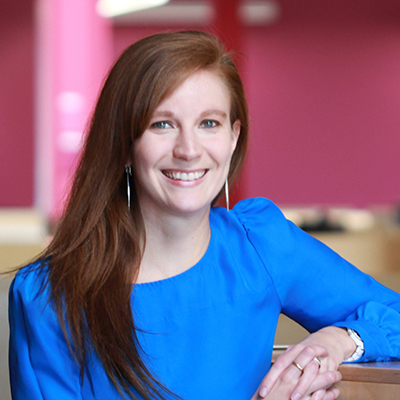
|
Laura Kazmierczak
Architectural Designer, NAC Architecture
Laura Kazmierczak continually looks for ways to incorporate biophilic principles into projects, to strengthen the connection between natural and built environments. She believes that biophilic design is undervalued and is most interested in its application in early childhood education and the developmental benefits it affords. Laura has published several articles on biophilic design in education, drawing on her graduate work examining nature-deficit disorder. She received her Master’s in Architecture from Woodbury University in 2016.
|